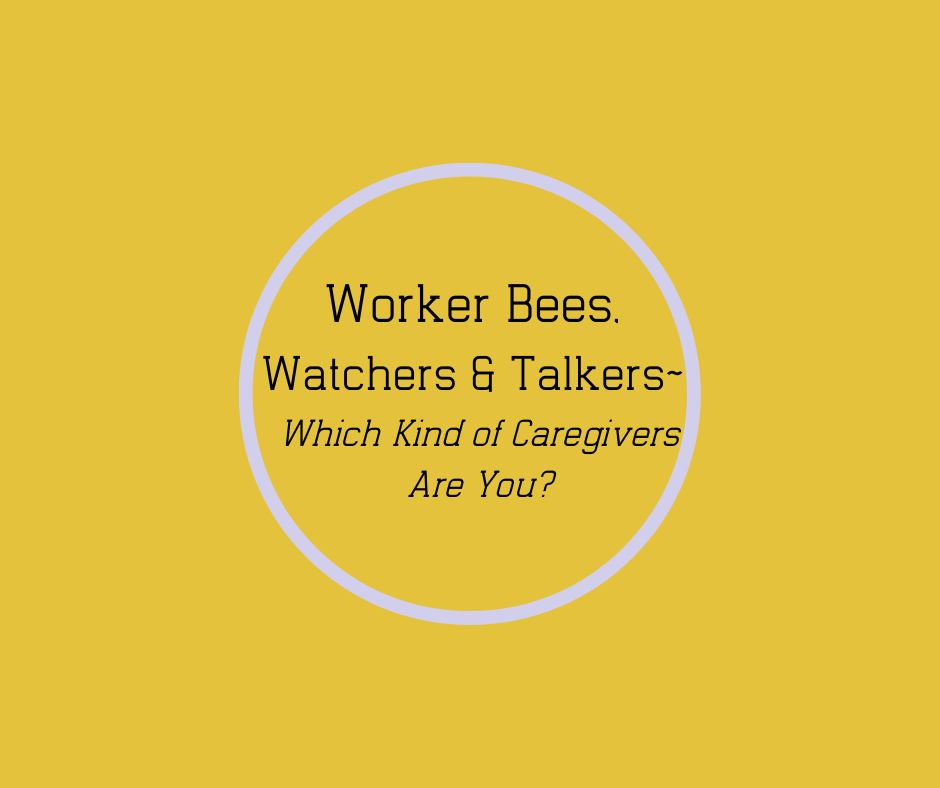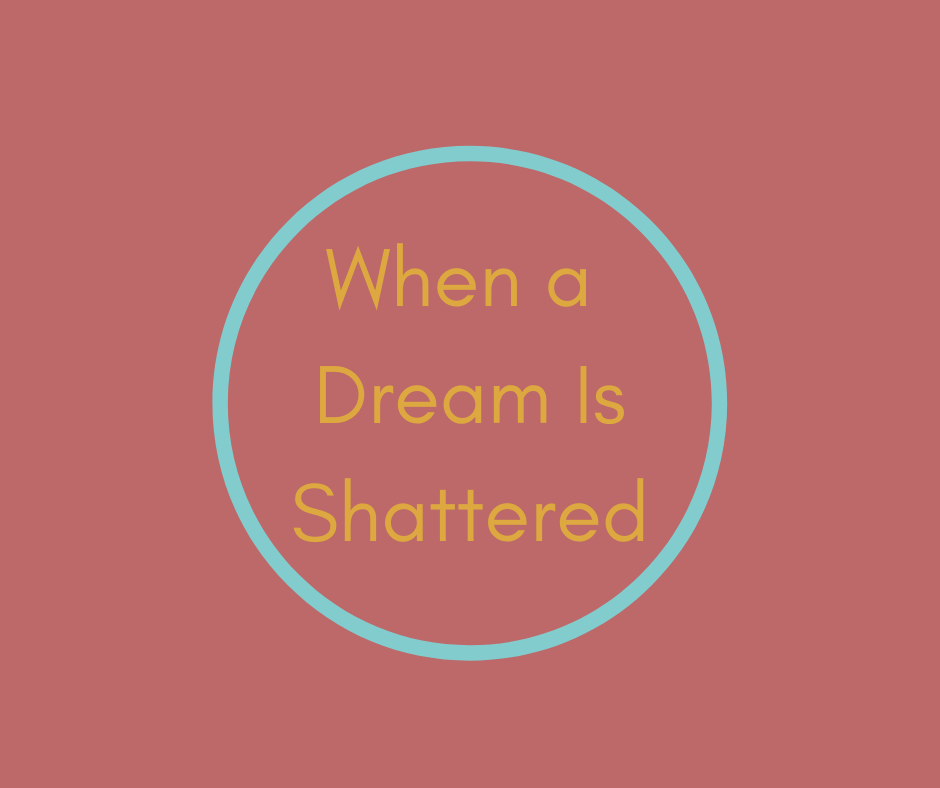Dear Barbara, I'm an older nursing student who is starting a new position as a NA2 in a lovely hospice facility. I've never experienced death from a clinical
standpoint. I have a concern. We, as hospice caregivers, will surely
become emotionally attached at different levels to our patients. How in the
world do we handle repeated losses of our patients from an emotional
standpoint. I know we will shed tears with each one, but what is the best
strategy to keep one’s emotions in check and be a beacon of strength for
the dying patient and then for the family after the passing?
This is such a powerful question. How you address it will affect how long
you remain working in hospice and end of life.
What stands out is your statement, “I know we will shed tears with each
one.” Actually, not necessarily. In fact if you cry with every death you will not
be able to sustain your balance. There definitely will be times when a
situation, family, or patient touches you on a deep level and you will cry. An
example: I walked into a room with a college boy and his girlfriend sitting on
a hospital bed listening to music. Before I could even be introduced I burst
into tears and had to leave the room. As his mother was standing with me
in the hall I told her I had a college son the same age and I saw and felt
what it would be like to have him in that bed. We talked and actually
became friends when all was over. The point I am making is that something
touched me on a personal level. If that depth was present with every
patient and family we would not be able to continue the work.
Death is not really a part of most professional caregiver’s job descriptions.
It IS for those of us who work with end of life. Most of the patient/families
we care for, we care for as people who need assistance but to whom we
are not personally attached. We guide them, support them, care for them,
but not on a personal level. We care for them on a professional level that
includes kindness, compassion, empathy as well as medical and end of life
education. This is our job and we can do it well without getting emotionally
involved.
We have to acknowledge that we are swimming against the current of
mainstream medicine. Death for those who work in end of life is not failure
or the enemy. It is the ending of the work we do. Our satisfaction in the
death of a patient is that we have helped create a sacred experience and
memory. A memory that will influence a meaningful and balanced grief
process. With our patient’s death we want to say to ourselves “job well
done”. No tears are necessary.
There will be times when something happens in the course of your work
that will shock you to your core. I remember a patient killing herself in a
horrific manner and having to contact our hospice psychologist to debrief.
There will be situations that you must retell, debrief, and share with
someone who can listen (not offer words, there won’t be any), but allow you
to unload so that you can move forward to the next patient.
It is being able to share with those who know the challenges of our work
that will keep us healthy and able to continue. It is not a sign of weakness
to share. It is a part of our responsibility to ourselves. On Friday nights after
work, a group of nurses from my office would meet at a local establishment
for beverages and conversation. There was a companionship of likeminded
and like-challenged people unwinding. It showed each of us we
were not unusual in having what ever feelings we were having, that we were normal, that we were not alone.
Something More about Tears on the Job...
It is a particular calling for those of us working with end of life. Perhaps more challenging than other kinds of caregiving. With the high number of turn over with end of life caregivers, I thought that our community needed support in how to take care of ourselves. From that vision has come my new DVD, Care for the Caregiver which will launch in February. There will be more information on my FB Group Page, End of Life Care and Bereavement in the coming days.








1 comment
Dianne
I work as a RPN in LTC and am a Palliative Trainer and it has been my experience over the last 15 years, that what you say is very true,We do cry for some but for others we can be their strength and gentleness during the final hours,I find it essential to debrief afterwards with trusted colleagues or friends in the field, in order to recharge my energy, or to vent the emotions that have come up. Otherwise you will burn out professionally and personally.Thank you for the excellent reference materials and dialogue.Blessings
I work as a RPN in LTC and am a Palliative Trainer and it has been my experience over the last 15 years, that what you say is very true,We do cry for some but for others we can be their strength and gentleness during the final hours,I find it essential to debrief afterwards with trusted colleagues or friends in the field, in order to recharge my energy, or to vent the emotions that have come up. Otherwise you will burn out professionally and personally.Thank you for the excellent reference materials and dialogue.Blessings